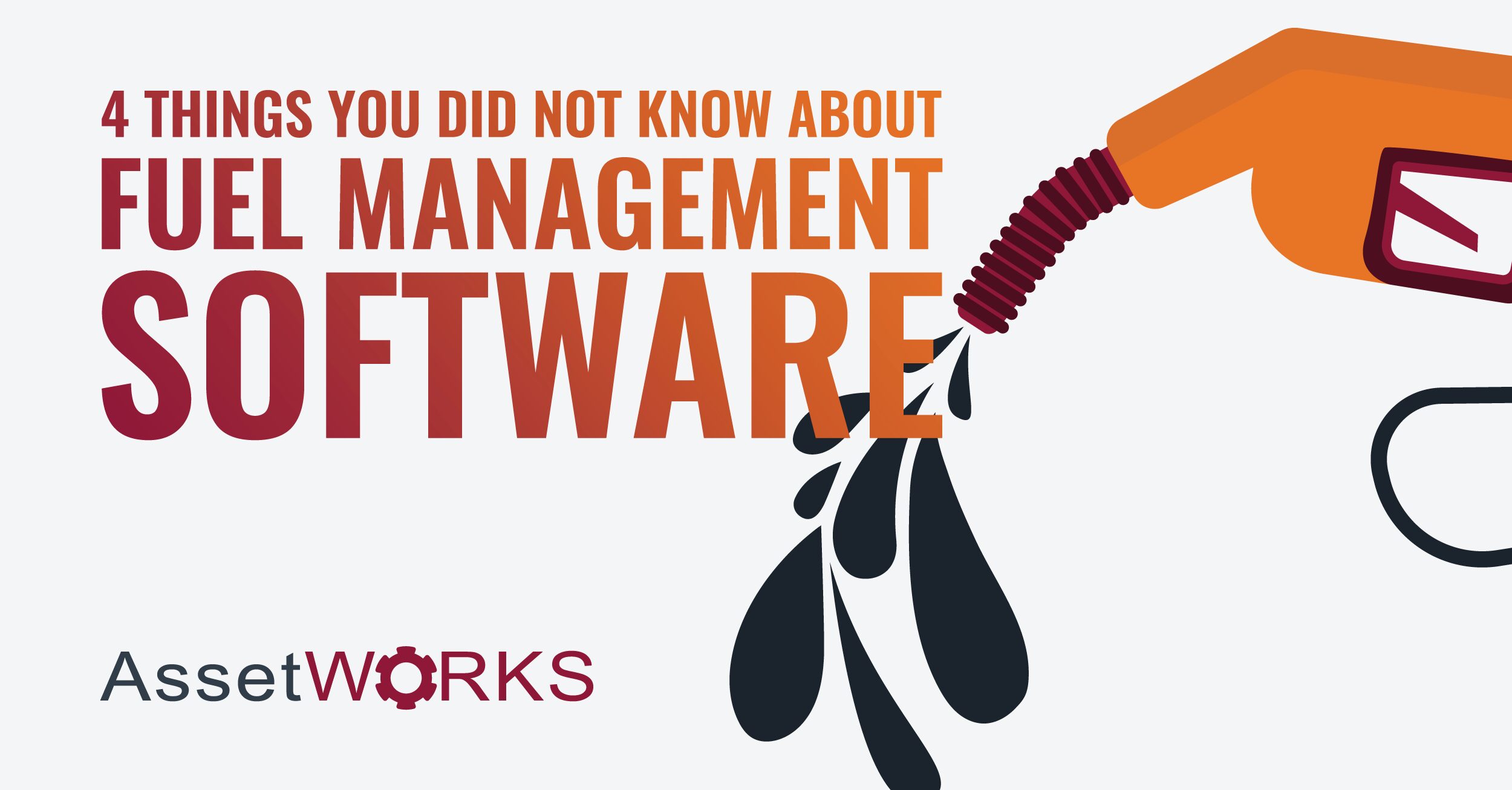The Beatles recently blended the band’s iconic style with cutting-edge artificial intelligence (AI) technology to create their newest record, “Now and Then.” Production of the song began back in 1994 when the band received John Lennon song demos after his passing. The remaining three band members could not produce the song since they could not hear Lennon’s vocals over the piano he was playing. The band decided to hold off on the project until they had the technology to isolate Lennon’s vocals.
By staying in touch with emerging technologies, The Beatles tapped into the power of AI to isolate John Lennon’s vocals from the original demo as if he recorded it today. This groundbreaking AI process combined Lennon’s vocals with Harrison’s guitar recording, McCartney’s backing vocals and instrumentals, and Starr’s drums to create the new hit “Now and Then.”
The Beatles’ use of AI sets an example for the potential evolution of AI within fleet management. It showcases how AI technology can streamline and optimize operational practices by integrating historical insights and modern strategies, allowing fleets to continue enhancing their efficiency and adaptability.
Harnessing AI in Fleet Management
The artistry behind The Beatles’ music creation isn’t that different from the intricacies of fleet management. Much like how AI propelled The Beatles’ creativity to new heights, its integration holds the potential to revolutionize fleet operations:
- Predictive Maintenance
AI analyzes historical data and patterns, predicting potential issues before they occur. This proactive approach minimizes downtime and reduces maintenance costs by allowing timely repairs and replacements. - Route Optimization
By processing real-time data such as traffic patterns, weather conditions, and driver locations, AI algorithms can dynamically adjust routes to ensure timely and efficient deliveries, minimizing fuel consumption and maximizing productivity. - Fuel Efficiency
AI contributes significantly to fuel efficiency by analyzing driving behavior, vehicle performance, and external factors. It can offer insights into optimal driving practices, suggest route adjustments to reduce fuel consumption, and detect when a vehicle has reached the end of its life cycle. - Operational Efficiency
AI processes data from various sources, enabling better decision-making. It helps with resource allocation, inventory management, and even improving customer service by providing accurate ETAs and streamlined processes.
AI’s role in these areas not only enhances the efficiency of fleet management but also fosters cost savings, minimizes environmental impact, and ultimately improves the overall performance of fleet operations.
Leveraging Historical Data for Improvement

For the Beatles, historical data was foundational in creating their new song. Similarly, in fleet management, historical data holds immense value as it provides insights into past performance, allowing for informed decision-making. Analyzing past routes, maintenance records, and driver behavior enables better strategic planning, optimization, and the implementation of more effective practices. Just as the Beatles built upon their musical history, leveraging historical data in fleet management lays the groundwork for continuous improvement and innovation.
AI in fleet management harnesses historical patterns by utilizing sophisticated algorithms that analyze vast amounts of past data. It examines parameters like past routes, traffic conditions, weather patterns, vehicle performance, maintenance records, and driver behavior to predict potential future scenarios. By continuously processing and learning from historical data, AI models become more accurate in making predictions and optimizations for fleets.
Adaptation and Evolution in Operations
The Beatles’ embrace of AI represented a significant adaptation in their creative process. Similarly, fleet managers face a changing landscape where technological advancements like AI offer transformative potential. Just as The Beatles adapted their approach to leverage AI for musical innovation, fleet managers must adapt to technological advancements to optimize operations.
Embracing AI in fleet management is guaranteed to enhance efficiency, but fleet managers are resistant due to unfamiliarity with the new technology and concerns about operational disruptions. To overcome the hesitancy, fleet managers should research more into the benefits of technological integration and the positive impact these advancements can have on efficiency, cost savings, and overall performance.
Conclusion
Just as AI-enabled The Beatles to weave historical musical elements into a modern context, its integration in fleet management promises to use past data with real-time insights to optimize operations, predictive maintenance, and route efficiency for a seamless, efficient future in logistics. By adapting to this evolving landscape, you’re not just staying competitive—you’re pioneering a new era of fleet management that’s smarter and agile.












